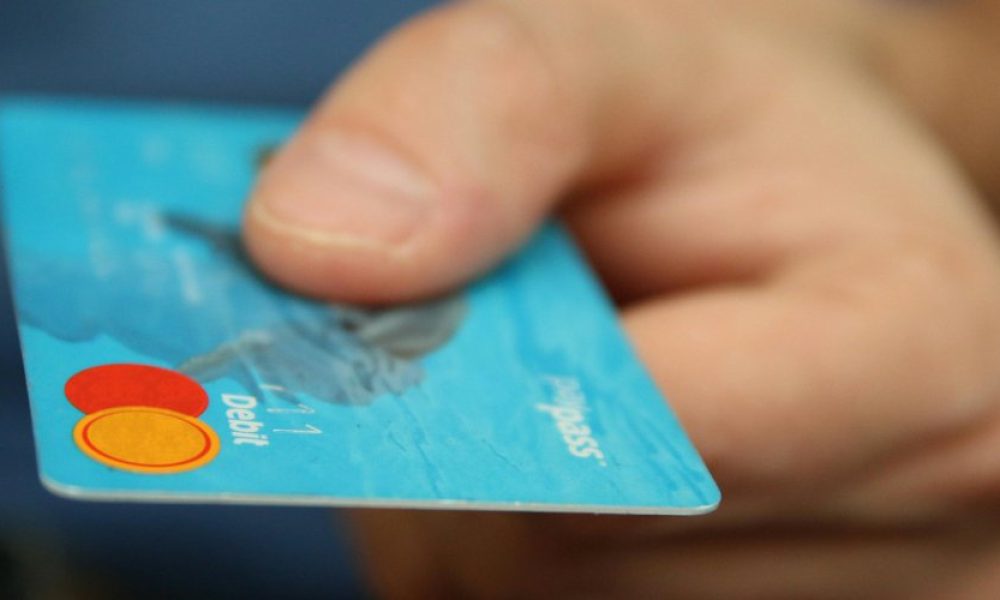What is bank card tokenization?
Tokenization is a technology designed to protect sensitive information from the payer when making online card payments. This mechanism replaces the card details (PAN, expiration date, and CVV) with a “token.” This token, a randomly generated, unique code, contains no usable financial information and serves as a reference for sensitive data with no inherent value.
Each token is distinct and limited to a single, specific use. Different tokens can be generated for the same card, restricting their use to their original context (online, physical EFT, etc.).
Thus, at the time of payment, it is this token that is transmitted instead of the actual card codes. It passes through payment systems while preserving the confidentiality of the original data, stored in an encrypted and secure environment, called a “token vault”.
Please note that in the event of compromise, these tokens cannot be used to make purchases or be converted into a card number without access to secure systems dedicated to detokenization.
In what payment contexts are bank cards tokenized?
Card tokenization, as a security mechanism aimed at protecting payers’ bank details, is suitable for several card payment uses :
- Card on File: This method transforms and stores card information into a token upon initial entry. It then allows for seamless transactions without re-entering data, making it ideal for regular payments:
- Card subscriptions, where the card is debited at each scheduled deadline (Spotify, Netflix, SaaS software, etc.)
- One-click payments, where card details are pre-saved and speed up the payment process, without re-entering the card.
- Wallets and electronic wallets : Players such as Apple Pay and Google Pay replace sensitive card data with a token stored on a mobile device. These systems incorporate strict security measures compliant with PCI-DSS standards, including strong customer authentication, thus strengthening protection against fraud.
Additional services like Account Updater automatically update tokens when card details change, reducing payment interruptions or failures.
Why tokenize your customers’ bank cards ?
Bank card tokenization offers several advantages to businesses that use recurring card payment models :
- Enhanced security : by tokenizing bank cards, companies effectively protect their customers’ data. This data remains stored in highly secure systems, while the tokens, which have no inherent value, can circulate without posing significant risks in the event of a compromise.
- Cost reduction : bank card tokenization reduces the amount of sensitive data to manage. Companies reduce their exposure to fraud and other risks (money laundering, reputation, etc.), resulting in lower security and compliance costs.
- Better customer experience : tokenization streamlines recurring transactions, enabling simplified payments without repeated entry. It thus promotes a better customer experience and increases conversion rates for businesses.
Compliant with PCI-DSS Level 1, the CentralPay card tokenization service meets industry standards for token generation, encryption and risk management of sensitive data, with a view to providing reliable and secure journeys for payers.




